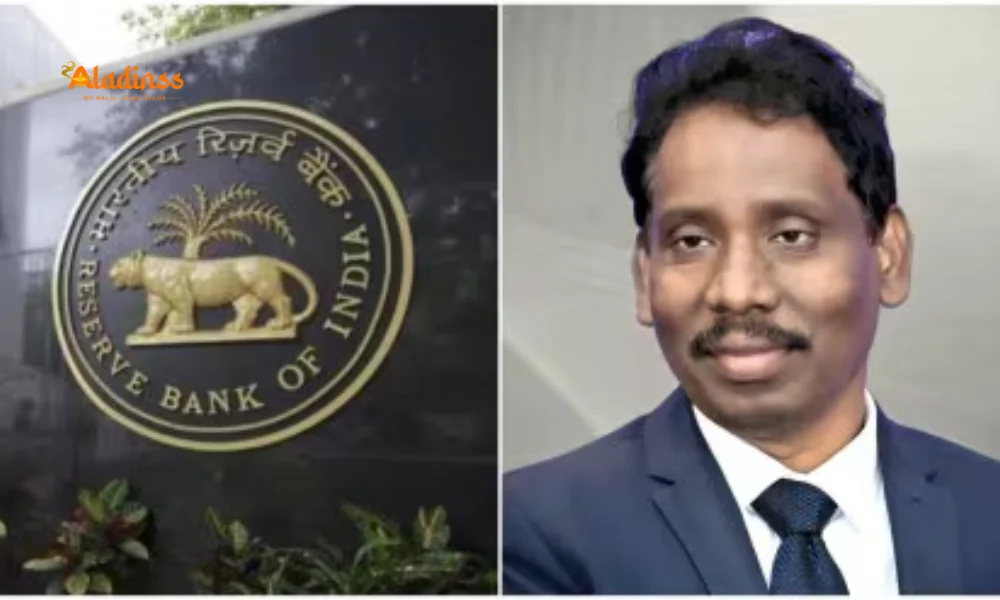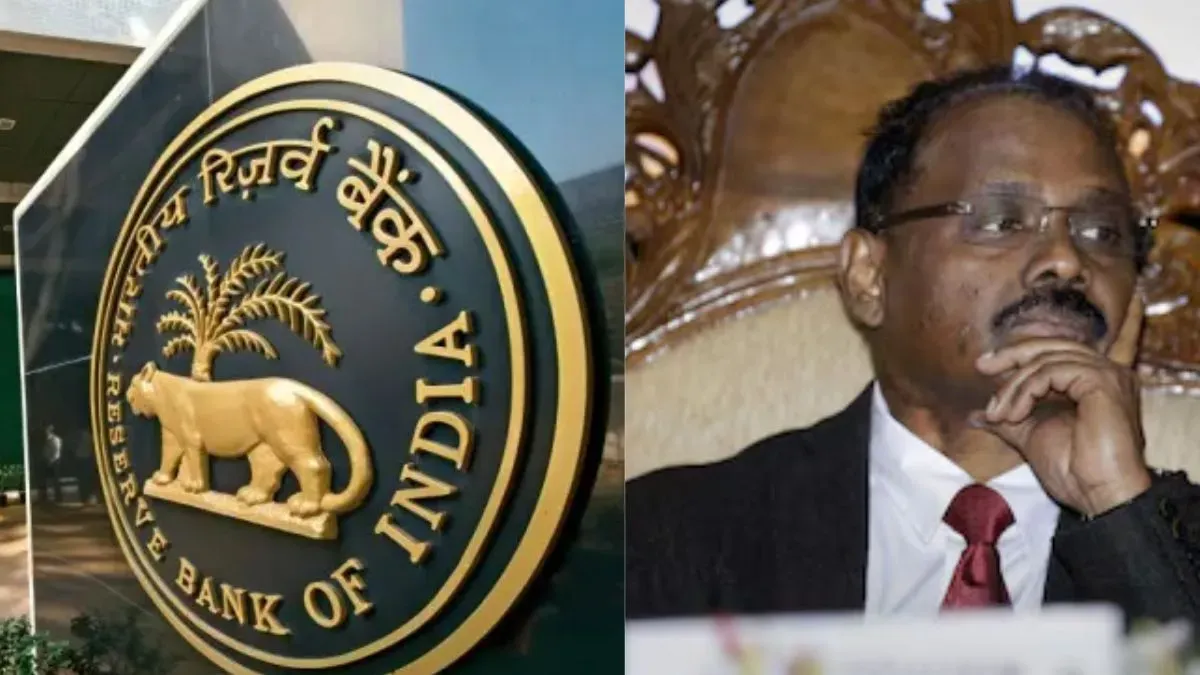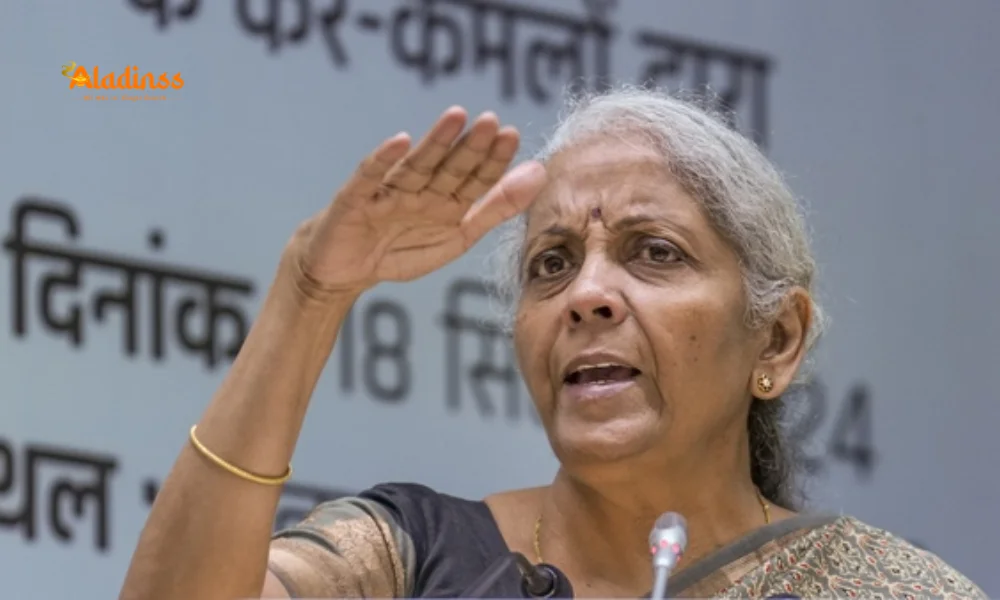Shirish Murmu RBI Deputy Governor Appointment

Shirish Chandra Murmu Appointed RBI Deputy Governor: Succession to Rajeshwar Rao Effective October 9
The Indian government has officially named Shirish Chandra Murmu RBI Deputy Governor appointment as the new Deputy Governor of the Reserve Bank of India (RBI), effective from October 9, 2025, for a three-year term. This move comes as the tenure of incumbent M. Rajeshwar Rao concludes on October 8, following two extensions that extended his service to five years since his initial 2020 appointment. Murmu, currently serving as RBI's Executive Director overseeing the crucial Department of Supervision, steps up to maintain the central bank's robust leadership structure amid evolving economic challenges like inflation control and digital currency advancements.
Under the RBI Act of 1934, the institution mandates four Deputy Governors to handle key portfolios including monetary policy, financial markets, banking supervision, and regulation. With this transition, the quartet will comprise T. Rabi Sankar, Swaminathan J., Poonam Gupta, and the incoming Murmu, ensuring seamless continuity in India's financial guardianship. As the economy navigates post-pandemic recovery and global uncertainties, Murmu's elevation signals a focus on vigilant oversight, drawing from his extensive experience in surveillance and risk management.

Shirish Chandra Murmu's Journey: From RBI Ranks to Deputy Governor Role
Shirish Chandra Murmu's ascent to Deputy Governor underscores a career built on diligence within the RBI corridors. As Executive Director since 2023, he has spearheaded the Department of Supervision, a pivotal arm monitoring banking stability, non-performing assets, and compliance amid rising fintech integrations. His tenure has been marked by robust frameworks for stress testing and cyber risk assessments, crucial as India pushes towards a digital rupee and UPI expansions.
Murmu's expertise spans over two decades, including stints in monetary policy formulation and international collaborations with bodies like the IMF. A B.Tech from IIT Kharagpur and MBA from IIM Bangalore, he joined RBI in 2002, rising through roles in currency management and economic research. This internal promotion aligns with RBI's tradition of elevating seasoned officers, ensuring policy coherence in turbulent times like the 2025 global rate hikes.
- Executive Director since 2023, leading supervision and risk oversight
- Key contributions to digital payment security and NPA resolutions
- IIT Kharagpur B.Tech and IIM Bangalore MBA graduate
- Over 20 years at RBI in policy, research, and international finance
- Focus on fintech regulations amid RBI's CBDC pilot
Also Read: TVK Conference Madurai Holiday 2025
M. Rajeshwar Rao's Legacy: Five Years of Steady Stewardship
M. Rajeshwar Rao's departure caps a five-year stint as Deputy Governor, initially appointed in October 2020 for three years, followed by extensions in 2023 and 2024. Overseeing banking regulation, he navigated RBI through the COVID-19 liquidity crises, implementing moratoriums and targeted long-term repo operations that stabilized credit flow. His portfolio expanded to include cooperative banking reforms and PSB consolidations, reducing NPAs from 11.2% in 2020 to under 4% by 2025.
Rao's tenure emphasized governance, with probes into urban cooperative bank failures like PMC and Lakshmi Vilas, leading to stricter licensing norms. His advocacy for climate risk integration in banking supervision positions RBI as a global leader in sustainable finance. As he steps down, tributes pour in for his role in fortifying India's financial architecture during volatile years.
- Initial three-year term extended twice for continuity
- Led NPA reductions and PSB mergers successfully
- Reformed cooperative banking post-scandals
- Integrated ESG factors into regulatory frameworks
- Handled COVID-era liquidity injections effectively
RBI's Leadership Quartet: Roles and Current Dynamics
The RBI's four Deputy Governors form the nerve center of monetary policy execution. T. Rabi Sankar handles monetary policy, steering repo rates amid 2025's 6.5% inflation target. Swaminathan J. oversees financial markets, managing forex reserves at $650 billion and bond issuances. Poonam Gupta, the economist, focuses on research and international relations, contributing to G20 finance tracks.
Murmu's entry into supervision will bolster regulatory tech, aligning with RBI's Vision 2025 for AI-driven compliance. This balanced team under Governor Shaktikanta Das ensures holistic oversight, from rupee stability to cyber defenses, vital as India eyes 8% GDP growth.
Implications for RBI's Agenda: Supervision in the Spotlight
Murmu's promotion arrives at a juncture when banking supervision faces tests from neo-banks and crypto integrations. His department's recent guidelines on prompt corrective actions have curbed risks, and he'll likely prioritize digital KYC and fraud analytics. With global headwinds like US Fed hikes, RBI's liquidity management-under Murmu's purview-will be key to rupee defense.
Experts anticipate continuity in Rao's reforms, with Murmu possibly accelerating CBDC pilots for wholesale segments. This shift reinforces RBI's autonomy, signaling stability to markets amid 2025's fiscal push.
Government's Appointments Strategy: Internal Talent Pipeline
The Appointments Committee of the Cabinet's choice of Murmu reflects a preference for internal promotions, as seen with Sankar's 2021 elevation. This strategy minimizes learning curves, vital for RBI's 100-year legacy of independence. Recent picks like Gupta highlight diversity, with women now comprising 25% of top roles.
As India integrates into global finance, such appointments blend expertise with innovation, preparing RBI for BRICS expansions and IMF quotas.
Market Reactions and Future Outlook for RBI Policies
Markets greeted the news with mild positivity, with Sensex up 0.2% on September 29. Analysts view Murmu's regulatory bent as supportive of MSME lending, potentially easing CRR norms. Upcoming October MPC meetings may hold rates at 6.5%, but Murmu's input could tilt towards vigilante inflation checks.
Long-term, this bolsters RBI's credibility, eyeing 7% growth targets. As Murmu assumes charge, expect sharpened focus on sustainable banking, aligning with India's net-zero ambitions.
RBI's Broader Mandate: Navigating India's Economic Horizon
RBI's mandate evolves with India's ambitions-from financial inclusion via Jan Dhan to green bonds. Murmu's supervision role will scrutinize climate disclosures, complementing Gupta's research on inequality metrics. Amid geopolitical tensions, forex interventions remain pivotal, with reserves cushioning volatility.
This appointment reaffirms RBI's resilience, positioning it as Asia's steady hand in turbulent waters.
In summary, Shirish Chandra Murmu's RBI Deputy Governor role heralds continuity and expertise, succeeding Rajeshwar Rao's storied legacy. As October 9 nears, the central bank's gears turn smoothly, safeguarding India's financial future.
Looking ahead, Murmu's vision could pioneer AI ethics in lending, ensuring equitable growth in a digital era.
Comment / Reply From
No comments yet. Be the first to comment!










